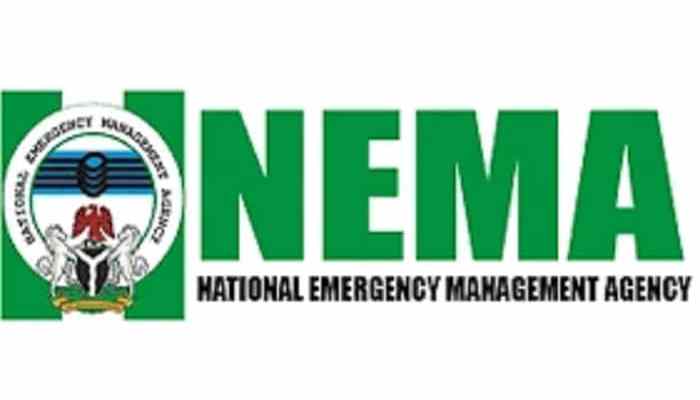The National Emergency Management Agency (NEMA) has emphasized the critical need for proactive disaster preparedness, particularly in light of the escalating flood risks during the rainy season. NEMA Head of Operations for Abia and Imo states, Mr. Nnamdi Igwe, underscored this imperative following a five-day workshop designed to equip emergency responders with the necessary skills and knowledge to effectively tackle flood-related disasters. He stressed the importance of state-specific contingency plans, tailored to address the unique challenges and vulnerabilities of each region, ensuring a more targeted and efficient response to emerging crises. These plans, he suggested, should incorporate the collective strategies developed during the workshop, providing a practical framework for action in the event of a disaster.
Igwe’s recommendation highlighted the urgency of preparedness, not merely as a reactive measure but as a proactive strategy to mitigate the impact of foreseeable disasters. He pointed to expert predictions of rising flood levels, coupled with the ongoing rainy season, as clear indicators of the potential for widespread flooding. This proactive approach, he argued, would enable emergency responders to anticipate potential challenges and adapt their strategies accordingly, ensuring a more coordinated and effective response under the guidance of NEMA. By formulating comprehensive contingency plans, states can move from a reactive posture to a proactive stance, significantly improving their ability to manage and mitigate the devastating consequences of flooding.
The workshop served as a crucial platform for knowledge sharing and capacity building among emergency responders. Igwe emphasized the importance of translating the workshop’s outcomes into concrete actions, advocating for the documentation of group strategies and their subsequent integration into state-level disaster contingency plans. This, he suggested, would ensure that the lessons learned and the best practices identified during the training are not lost but are institutionalized within the states’ emergency response frameworks. This systematic approach to knowledge management would enhance the long-term effectiveness of disaster preparedness efforts.
Beyond the development of contingency plans, Igwe urged for regular simulation exercises based on the workshop’s findings. These exercises, he explained, would provide responders with invaluable practical experience, allowing them to test their strategies in a controlled environment and identify any potential weaknesses in their plans. By simulating real-world scenarios, responders can refine their skills, improve coordination, and enhance their overall preparedness to handle actual emergencies. This hands-on approach to training ensures that responders are not caught off guard when disaster strikes.
He further emphasized the importance of ongoing communication and collaboration among stakeholders, advocating for the establishment of a multi-agency disaster coordination forum. This forum, he suggested, would serve as a platform for sustained dialogue and information sharing, enabling different agencies involved in disaster response to coordinate their efforts efficiently and effectively. By fostering a collaborative environment, the forum would enhance communication, minimize duplication of efforts, and maximize the impact of response initiatives. This collaborative approach is crucial for ensuring a unified and comprehensive response to complex emergencies.
Igwe also addressed the potential for human rights violations and abuse during emergencies, underscoring the need for protective measures to safeguard vulnerable populations. He stressed that emergency situations can create an environment conducive to exploitation and neglect, making it essential to prioritize the safety and well-being of those most at risk. He urged responders to be vigilant in upholding human rights and ensuring that emergency response efforts do not inadvertently exacerbate existing vulnerabilities. This emphasis on protection reflects a commitment to a holistic approach to disaster management, one that prioritizes not only immediate needs but also the long-term well-being of affected communities. He further called for perseverance in the face of challenges, encouraging responders to maintain close collaboration with NEMA for optimal results. This ongoing partnership, he suggested, would provide access to expertise, resources, and support, ensuring that responders are well-equipped to handle the complex challenges associated with disaster management. He reminded state governments of their responsibility to protect lives and property by proactively addressing emergencies, advocating for conscious decision-making and preparedness as essential components of disaster risk reduction. This proactive approach, he argued, is not merely a matter of choice but a fundamental obligation of governance.


